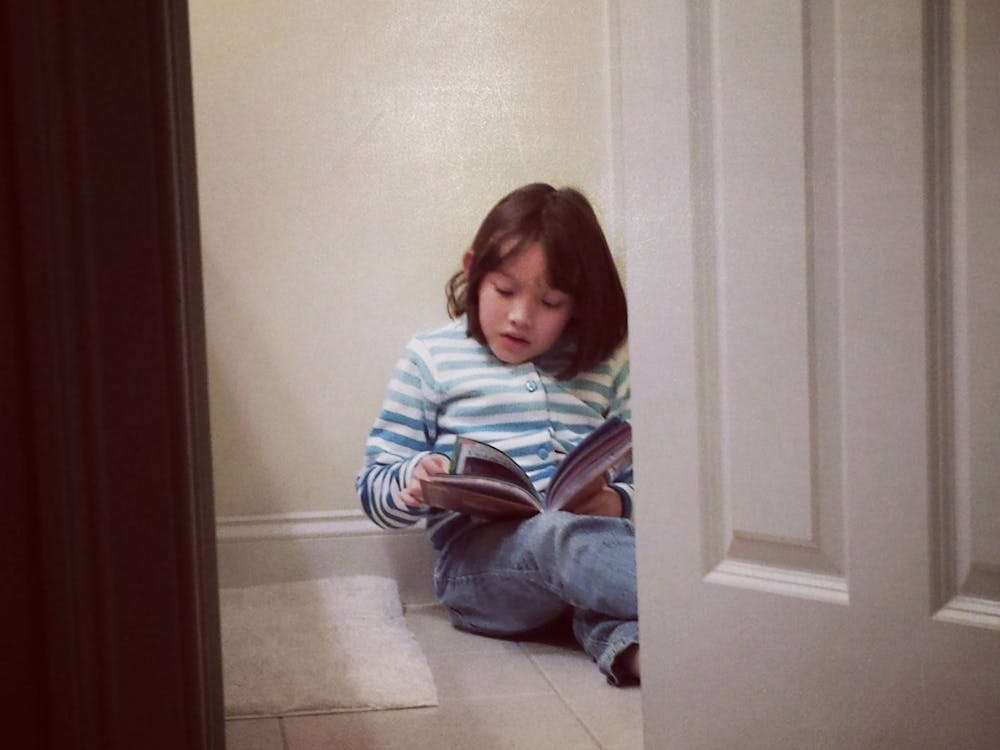
I’m sure many of you have been sporting Hopkins attire while off campus somewhere and have been asked about school affiliation by strangers. A few weeks ago, this happened to me. About 15 minutes later, another person asked me the same question, only to recognize me as someone they’ve seen around.
The thing is, I wasn’t wearing any Hopkins gear, and I wasn’t off campus. I was sitting with my backpack in the Charles Commons lounge area on the first floor. I also work in the Charles Commons mailroom every day of the week. My face is a very common thing to see around this building. So why would my status as a student (or at least as a person who belongs in a Hopkins-owned building) be questioned?
The people who questioned me were Hopkins security. While I believe they had only the best intentions in mind, what happened to me is what regularly happens to black students at Hopkins. They profiled me as someone who did not belong on this campus, despite the fact that my behavior did not deviate from any campus norms. To be black at Hopkins means to constantly be aware of the fact that you don’t look like most of the other people around you. It means to be on guard when interacting with professors and advisors because black students are often underestimated and discouraged from pursuing challenging course loads. It also means to be aware that security and local police are always watching.
A few years ago, a friend (who is also black) and I found ourselves walking on Charles Street near Eddie’s sometime after 11 p.m. Even though it was late, the streets were filled with people, primarily students, heading to and from the ongoing frat parties. We ourselves were not participating in any partying that weekend and in fact were sober, unlike other students around us.
While walking up the block back toward the dorms, my friend noticed a police van slowly creeping up the street adjacent to us. It made him nervous. I, on the other hand, remained oblivious. Once it was at the end of the block, standing across from Chipotle, the police van pulled around in front of us, blocking the crosswalk and our path. One officer stepped out and approached us. Our exchange with the officer resulted in him asking if I was old enough to be out past the citywide curfew being enforced then for anyone under 18 years of age. I showed him my driver’s license, which proved I was old enough to be outside, and he let us go.
After this encounter, we rushed back to the dorms and proceeded to tell everyone we knew about what had just happened.
The officer had tailed us for an entire block before getting out just to check if I was old enough to be out past curfew. Other students were walking up and down the street at the time, many visibly intoxicated and most likely underage. Among the other students was a group of (white) girls shouting back and forth at one another across from where we were. None of them looked “older” than I was at the time. Despite all this, the officer was more concerned about my staying out past curfew and felt it necessary to follow us for an entire block.
In the week leading up to that incident, Hopkins had released a security report about a robbery in the area. The suspects were two black men. It did not take long for us — two black men in the same area as the robbery — to put two and two together.
It is highly unlikely that an officer of the law would spend their time following two people unless that officer believed they were up to no good or posed some sort of threat. That night, that officer didn’t see two students but rather saw two suspects. His reason for stopping us related strongly to profiling. Considering that he didn’t even ask my friend for ID or proof of age, it was clear that even he knew his reason for stopping us had little to do with any curfew.
To this day, I still consider myself lucky. I feel lucky that when I was racially profiled, it didn’t end in detainment, arrest, a beating or even death. It is not lost on me how sad it is that my standards for a good interaction with police are so low. But being black at and around Hopkins, like in the rest of America, requires a high tolerance for bullshit.




